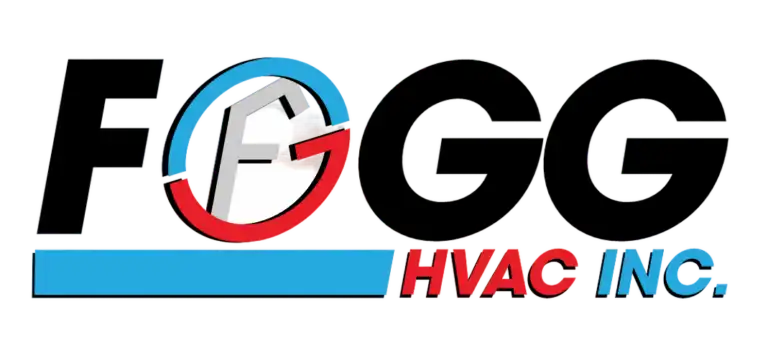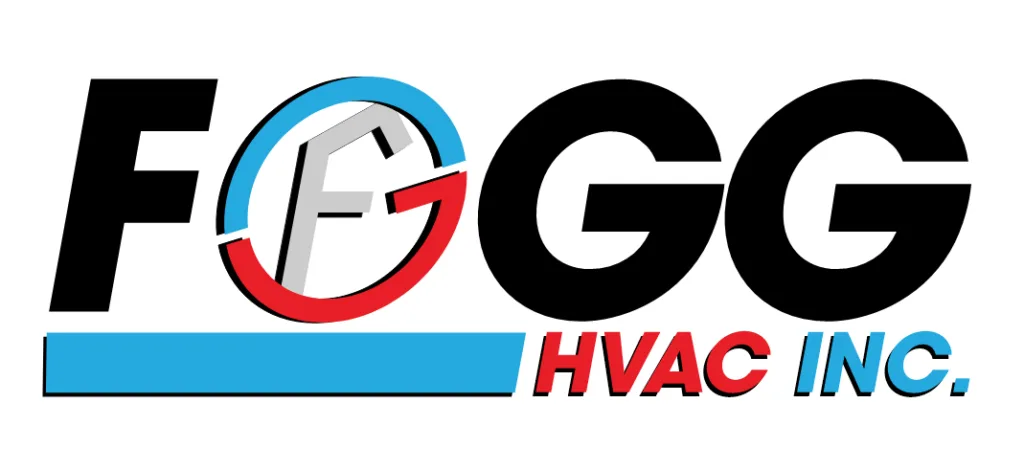When summer temperatures rise in Fuquay Varina, your AC unit gets pushed to its limits. With long hours of use each day, it’s common for air conditioning systems to show signs of strain. However, many homeowners overlook these early warning signs, thinking the unit will push through the season. That can lead to unexpected breakdowns and even more serious damage. Knowing when your AC is trying to tell you there’s a problem is key to avoiding long-term headaches.
Neglecting issues that need immediate attention often means higher repair bills, discomfort in your home, and wasteful energy use. Whether it’s an odd noise or weak airflow, taking action early can make the difference between a small fix and a full system shutdown. To help you stay ahead of the heat, here are some clear signs your AC unit may need repair quickly.
Unusual Noises That Shouldn’t Be Ignored
AC units are designed to run quietly. If yours suddenly starts making strange sounds, it might be signaling a mechanical problem. Some of the most common noises that indicate something is wrong include:
– Grinding or scraping, which may point to damaged bearings or motor issues
– Squealing, a sound often tied to a worn or broken fan belt
– Rattling or banging, which could suggest parts have come loose or a component is damaged
These noises tend to show up before more obvious failures happen. For example, a homeowner in Fuquay Varina called for help after hearing a constant screeching whenever the AC started up. It turned out to be a failing motor, and if it had been ignored longer, the repair could have been far more expensive.
If the sound doesn’t seem normal, it likely isn’t. Turning up the TV or learning to live with the noise shouldn’t be your solution. These early signs are your system’s way of asking for help before the damage gets worse.
Weak Airflow Throughout the House
If some rooms in your home feel noticeably warmer than others, or if you hardly feel any air coming through the vents, your AC may be operating under strain. Weak airflow can be caused by several different issues, including:
– A clogged or dirty filter slowing down air circulation
– Faulty blower motor or fan not distributing air properly
– Leaky or blocked ducts restricting flow through parts of the house
Unfortunately, weak airflow doesn’t just mean less comfort. When your unit can’t circulate air the way it should, it runs longer to cool your space, driving up energy costs. Over time, this adds unnecessary wear to the system.
This warning sign is easy to overlook, especially when it happens gradually. Homeowners might assume nothing’s wrong or that hot rooms are just part of summer. But a properly working AC should cool the entire house evenly. If it doesn’t, repairs may be needed to restore normal operation and comfort.
Frequent System Cycling
Your AC should turn on, cool the house to the temperature set on your thermostat, then shut off until needed again. If it’s turning on and off too often, that’s known as short cycling, and it usually points to an issue that needs attention.
Some causes of short cycling include:
1. Faulty or old thermostat sending the wrong signals
2. Refrigerant levels being too low or too high
3. Oversized units that cool a home too quickly but cycle off before humidity is removed
4. Dirty coils making it harder for the system to maintain proper function
Short cycling is more than just annoying. It makes your AC work harder and can decrease the system’s lifespan. If you’re noticing that your unit kicks on and off every few minutes, it’s better to check into the cause sooner rather than later. What feels like a quick fix could lead to bigger complications if ignored for too long.
Dealing With High Humidity Indoors
When your AC is running but the house still feels sticky or muggy, that’s a big red flag. In Fuquay Varina, where summer humidity is common, your air conditioning system should help pull moisture from the air. If it doesn’t, something’s not working the way it should.
Several problems might lead to high humidity indoors, even when the system seems to be cooling:
– Low refrigerant levels that reduce your unit’s ability to remove moisture
– Oversized equipment that cools too fast and shuts off before dehumidifying properly
– Failing components in the system’s built-in dehumidification process
High humidity doesn’t just make you uncomfortable. It creates the perfect breeding ground for mold and mildew, especially in areas like bathrooms, basements, and even inside vents. Over time, that can affect more than your home’s air—it can harm your health and damage materials like wood and drywall. If your home starts feeling damp despite running the AC all day, it’s time to have the system inspected before more problems set in.
Why Water Leaks Point to Bigger Trouble
Seeing water around or under your AC unit isn’t something to ignore. While it might look minor, a water leak usually means something’s clogged, broken, or leaking inside the system.
The most common causes include:
– A clogged or damaged drain line preventing condensation from draining properly
– A rusted or cracked drain pan allowing water to escape
– A frozen coil melting, which can overflow the system’s pan capacity
– A refrigerant leak lowering pressure in the system and causing coils to freeze
Left untreated, even small leaks can damage your floors, ceilings, or walls, especially if the unit is inside. Water around your AC may also increase humidity and worsen air quality. If you notice dripping or standing water near the unit, shut it off and have it inspected. Waiting too long could lead to mold growth or serious structural damage.
One homeowner in Fuquay Varina spotted water collecting near their indoor AC unit but assumed it was just from regular condensation on a hot day. Within a week, the water pooled into nearby carpet, and mold began to take hold. Fast action in that case could have saved the cleanup cost and frustration.
When Bad Smells Come From The Vents
If your AC kicks on and you catch a strange smell coming from your vents, don’t shrug it off. Odors in your airflow can point to serious problems brewing inside the system.
Here are a few smells to watch for:
– A musty or damp smell can mean mold or mildew is growing in the ductwork or coil
– Burning odors may indicate overheating electrical parts or wiring problems
– Rotten or sour odors might point to pest issues or a clogged drain line filled with bacteria
Not only are these smells unpleasant, but they can also be a health risk. Breathing in mold spores or fumes from electrical issues can impact your indoor air quality and trigger respiratory trouble. These issues often don’t get better on their own, and in many cases, they will worsen each time the system runs. If your AC smells unusual when it operates, it’s time to investigate and find the source before it becomes more serious.
Energy Bills That Keep Creeping Up
If your AC suddenly costs more to run than it did last month—without a major shift in temperature outside—there’s likely a problem with how efficiently it’s operating. A properly functioning unit should maintain a consistent energy use pattern. Spikes on your bill that aren’t tied to unusually hot temperatures or changes in usage should be a cause for concern.
That rise in energy use could come from a handful of problems:
– A struggling motor that runs longer to reach the set temperature
– Loss of airflow from clogged ducts or a failing blower
– A thermostat that keeps calling for cooling due to improper calibration
– Refrigerant issues that force the system to overwork itself
The longer your system operates with one of these underlying problems, the worse it performs and the more you pay. The added stress on components can lead to irreversible damage and shorten the life of the system. Monitoring your monthly energy bill closely can help you spot patterns early. An increase without any clear reason often means the system’s efficiency has dropped and it’s time for repair.
Ensure Your AC Is Ready For Summer In Fuquay Varina
Staying ahead of AC issues is all about paying attention to the warning signs. Your system won’t break down without whispering clues first. Whether it’s odd noises, poor airflow, too much moisture, or foul smells, these signals are your cue to act. Quick decisions mean less damage, lower repair costs, and a cooler, more comfortable home as summer peaks in Fuquay Varina.
Don’t wait for your unit to fail during a heatwave. Taking the signs seriously now can save you plenty of discomfort later on. Keeping your home safe, healthy, and cool starts with knowing when something’s off and trusting that you’re not imagining it. If your AC shows even one of the signs listed above, it’s time to take the next step and make sure your system is ready for the hardest days of the season.
If unexpected noises, weak airflow, and rising energy bills begin affecting your comfort, it may be time to schedule some professional service. Fogg HVAC, Inc. understands how unsettling these issues can be when you’re trying to enjoy your home in Fuquay Varina. Our professionals are here to support you when your unit shows signs of stress, and you can count on reliable AC repair in Fuquay Varina to turn things around quickly. For a quick estimate or to book a service visit, please contact us today.




